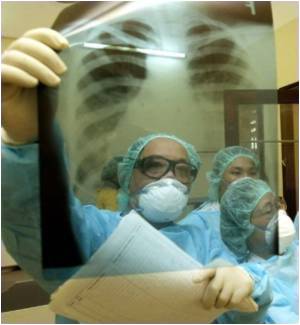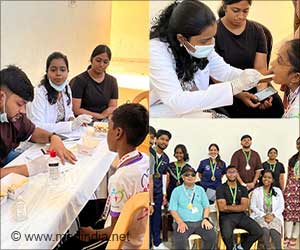
They took into account how far these patients lived from a main road and therefore a source of airborne road traffic pollution to see if this had any impact on their survival rates, as pollutants are known to trigger inflammation.
Around half of all patients who undergo a lung transplant develop a serious inflammatory condition called bronchiolitis obliterans syndrome within five years of having the procedure, say the authors.
The syndrome, which is caused by an overactive immune system, is the clinical equivalent of organ rejection and is considerably more common in lung transplant recipients than it is in other solid organ transplant patients - possibly because of the lung's direct contact with the environment, they add.
During the monitoring period, 117 patients (41 percent) developed the syndrome, one in five of whom (61) died.
Gender, age, or type of transplantation (single or double) had no bearing on the risk of death, the findings showed. But a clear pattern emerged for proximity to a main road.
Advertisement
Furthermore, the calculations showed that for every 10-fold increase in distance from a main road, patients were 43 percent less likely to develop the syndrome and 28 percent less likely to die.
Advertisement
The findings prompt the authors to conclude that one in four cases of bronchiolitis obliterans syndrome and almost 30 percent (28 percent) of deaths in lung transplant recipients across the country could be attributed to living near a major road.
The study has been published online in Thorax.
Source-ANI












